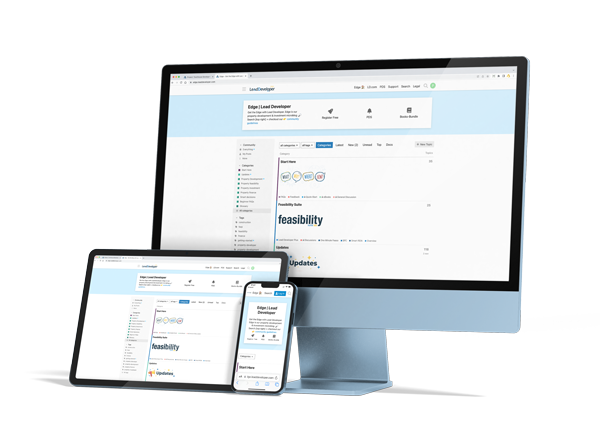Checklist For Closing Winning Deals!
1. Preparing for Your Search
- Understand the Market: Research commercial real estate trends in different Australian cities and neighborhoods.
- Define Property Type: Determine what type of commercial properties you are interested in (e.g., office buildings, retail centers, multiunit properties).
- Set Investment Goals: Clarify your investment objectives and the type of returns you expect.
- Build a Network: Connect with commercial real estate brokers, property managers, investors, and other industry professionals.
2. Finding Potential Deals
- Explore Local Listings: Regularly check Australian real estate websites like RealCommercial, CommercialRealEstate.com.au, and Domain Commercial for available properties.
- Engage with Local Brokers: Build relationships with Australian commercial real estate brokers who have insights and access to local market deals.
- Australian Government Resources: Investigate government-owned property sales through relevant Australian government websites or local council sites for property listings and auction details.
- Local Newspapers and Journals: Keep an eye on Australian newspapers and commercial real estate trade journals for property listings and market trends.
- Direct Outreach: Consider directly contacting property owners in your target areas or running “property wanted” ads in local Australian publications.
- Real Estate Investment Groups: Join Australian real estate investment groups or forums to network with other investors and discover potential opportunities.
- Attend Real Estate Auctions: Participate in property auctions where commercial properties in distress or foreclosure might be available at competitive prices.
- Social Media and Online Forums: Utilize Australian real estate groups on platforms like LinkedIn, Facebook, or dedicated real estate forums to find leads and network with industry professionals.
- Local Community Networks: Engage with local community groups or business networks in Australia, as they can be excellent sources for finding off-market deals.
3. Evaluating Opportunities
- Analyze Financials: Review the financial statements and potential cash flow of properties.
- Due Diligence: Perform a thorough inspection and review of the property, including title search and checking for any legal issues.
- Assess Location: Study demographic trends, local economic conditions, and future development plans in the area.
- Calculate ROI: Estimate your return on investment, considering purchase price, renovation costs, and potential rental income.

 You are missing out if you haven’t yet subscribed to our YouTube channel.
You are missing out if you haven’t yet subscribed to our YouTube channel.
4. Making the Deal
- Negotiate Terms: Work on negotiating the purchase price and terms with the seller.
- Secure Financing: Arrange for a mortgage or other financing options if required.
- Legal and Tax Consultation: Consult with a real estate attorney and tax advisor for legal and tax implications.
- Close the Deal: Finalize the deal by signing the contract, paying the deposit, and completing all necessary legal steps.
5. Post-Purchase Actions
- Transfer Utilities and Services: Change utilities and services into your name or your business entity.
- Property Management: Set up or hire a property management team to manage the property.
- Marketing and Leasing: Implement strategies to advertise and lease out the property.
- Ongoing Maintenance: Plan for regular maintenance and any necessary renovations to keep the property attractive to tenants.
6. Long-Term Strategy
- Monitor Market Trends: Keep an eye on market changes and property value trends.
- Evaluate Performance: Regularly assess the financial performance of your property.
- Plan for Exit or Expansion: Consider your long-term strategy, whether it’s to hold, sell, or expand your portfolio.

Make It Real
 Start Your Journey Today!
Start Your Journey Today!
You are missing out if you haven’t yet subscribed to our YouTube channel.


